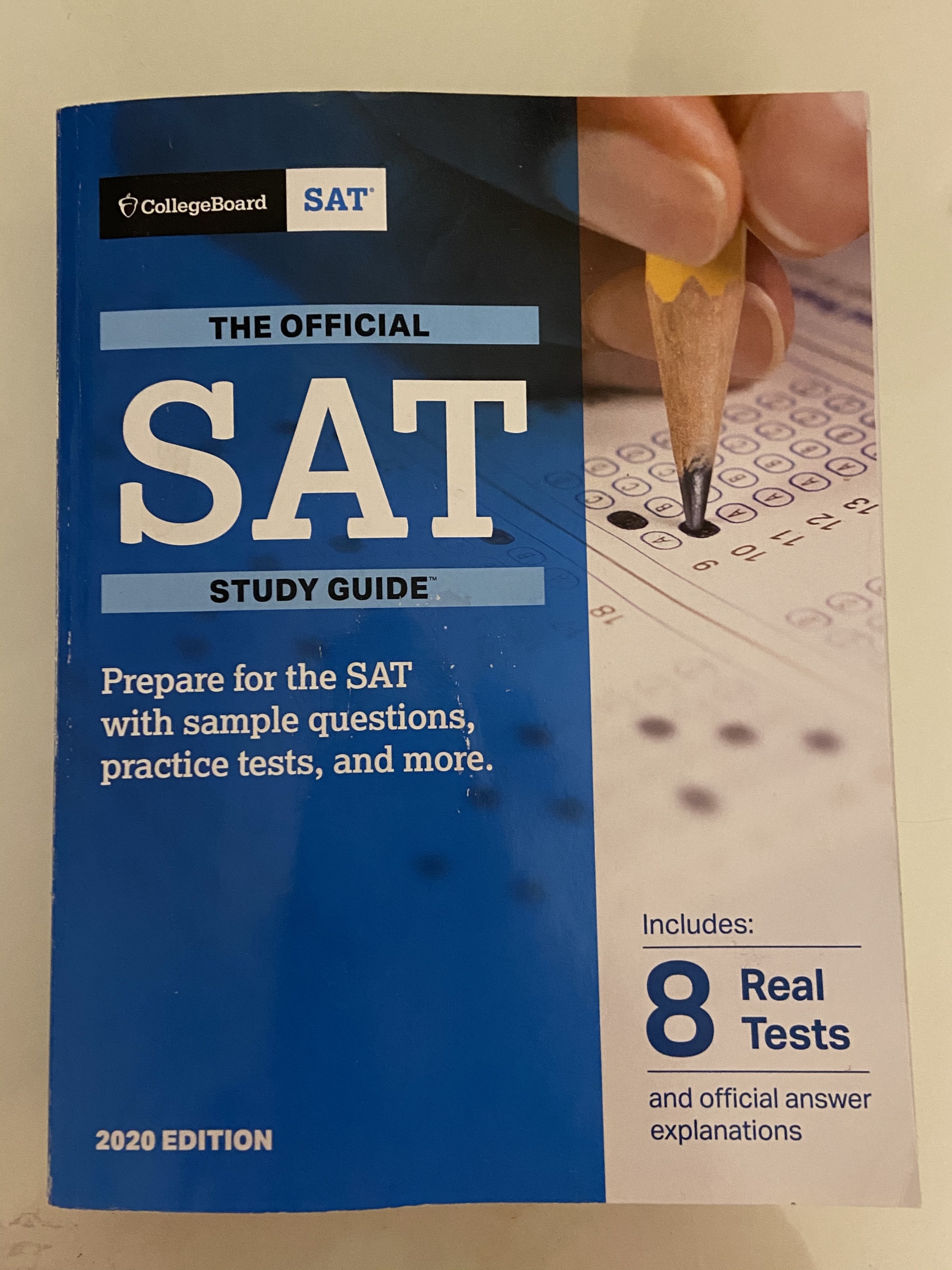Nearly every college-bound American high school student faces the decision between taking the ACT and the SAT. However, following the outbreak of COVID-19, applying test-optional has become the popular option.
Even before COVID-19 disrupted the 2020 testing season, many colleges were already looking for alternatives to replace standardized testing in the college application. Now, many schools are offering students the choice to go test optional.
“Colleges have long since acknowledged the inequities that come with standardized testing and the capacity of somes students over others to be prepared for them, creating an equity gap of kids’ ability to access and prepare for these tests,” said Dana Plunkett, the head of guidance at the high school. “Given that colleges who hadn’t previously done so will have a chance to evaluate students without test scores, so they can determine if they feel that this was an effective year for college admissions in that they’re still able to accept the students that they feel best suit their profiles. If the test-optional model is successful, I think more and more we will be able to move away from [testing].”
However, colleges face not only the equity gap presented by unequal access to test-preparation materials, but also the issue of how to properly determine a student’s aptitude and capacity to succeed at the colleges and universities they apply to.
“An alternative metric that is working is AP and IB scores. A prediction made by many admissions professionals was the rising importance of AP and IB numbers, which are considered to be both rigorous and predictive, which could take the place of standardized tests,” said Sheila Olson, a former college admissions administrator at Harvard University.
With the ongoing ramifications of COVID-19, Olson said that the 2021 college admissions season and beyond will continue to be affected, and as a result, schools will need to learn how to address ongoing cancellations of standardized testing opportunities for students. For large public universities with tens of thousands of applications, this poses a challenge to overcome, but for students who don’t test well, it presents an opportunity.
“Many schools who have already moved away [from testing] feel that it is not an accurate indicator of what the student is like in the classroom. The best indicator of how a student is going to fit on campus, should the school decide to admit them, is a student’s transcript, because that is how a student is functioning on a day to day basis, instead of one instance in a timed, standardized environment,” said Plunkett.
Without the demand for test scores, Plunkett says that students are able to highlight their transcript, essays, and extracurriculars more than ever before.
“I feel that there are a lot of kids who are really smart but maybe don’t test well, so without having to take a really stressful test their applications will present so much more accurately,” said high school student Megan Lester ’22. “I am still planning on taking the test this year, though, and I feel like the exposure to kids from many different towns and the fact that I’ll be wearing a mask for multiple hours will definitely add to the already high stress situation of taking a test that seemingly decides my future.”
Although standardized testing is a stressor for many, there are still benefits to taking the SAT or ACT and submitting test scores if students feel the score is reflective of their typical performance.
“Testing multiple times until you get a good score shows a certain tenacity and follow through that is predictive of college and life,” said Olson.
There are advantages and disadvantages to standardized tests, and anyone from the admissions staff at a large public university to a low-income student will have a different opinion on them. Regardless of whether or not you are in favor of using standardized testing to measure aptitude of potential college admits, the future of college applications and standardized tests will change significantly following the modifications made in response to COVID-19. In the meantime, although most colleges are not requiring applicants to submit test scores, Olson encourages students to pursue testing opportunities if they are able to do so.
“If you can and don’t mind testing and get a strong score, it will help you. It is a good thing,” said Olson. “But if you don’t, it has never been a better time to apply test-optional.”

